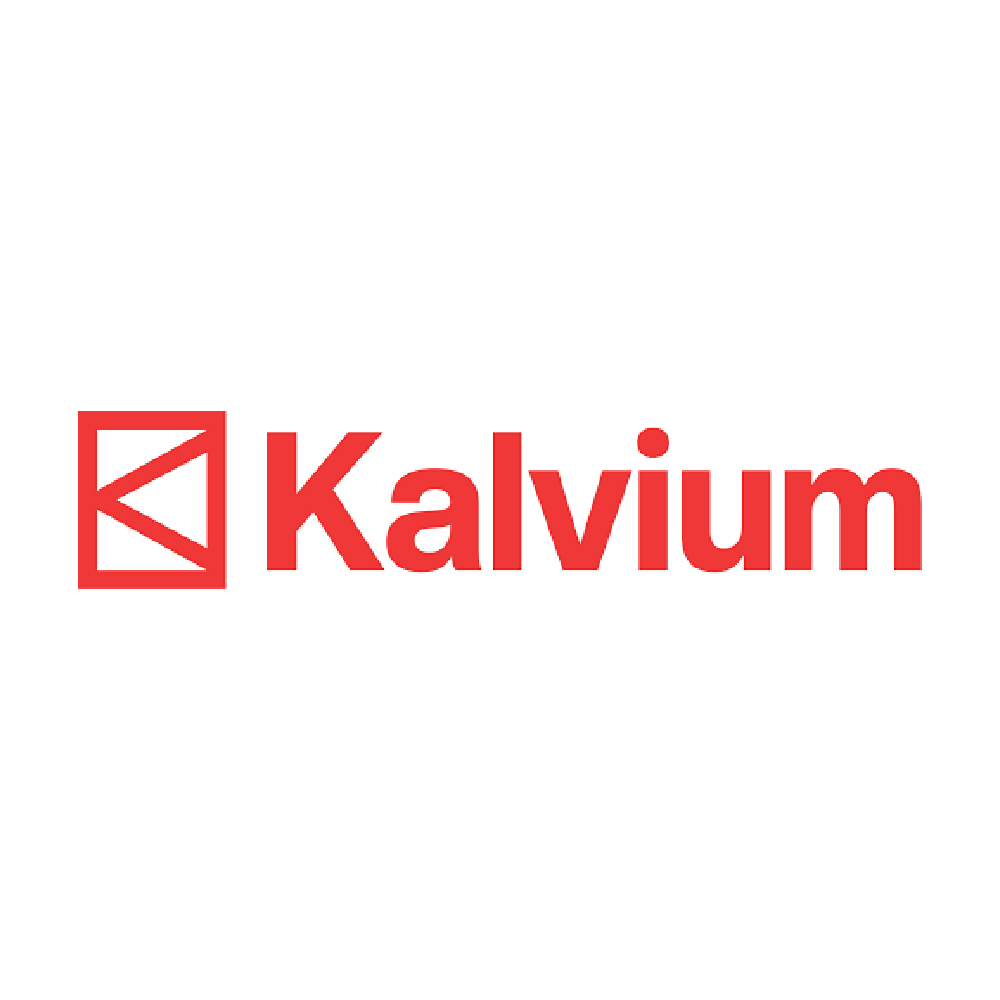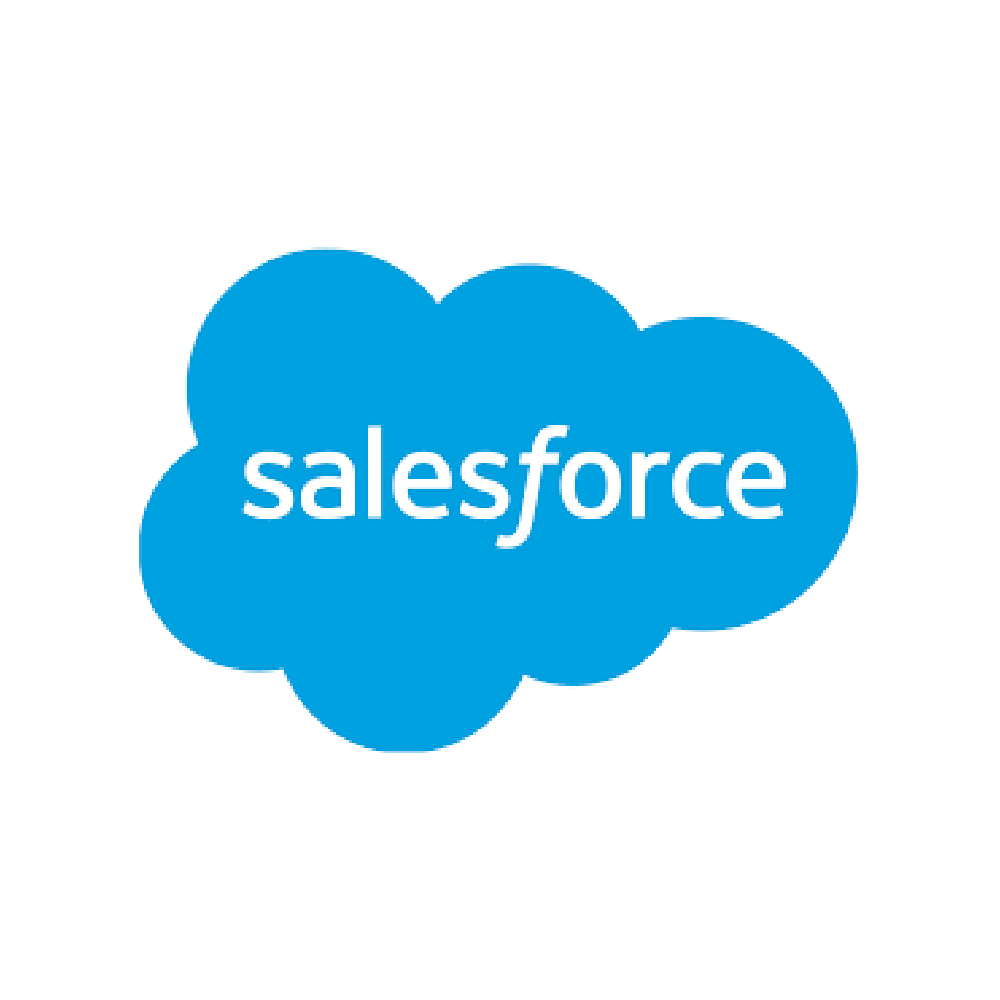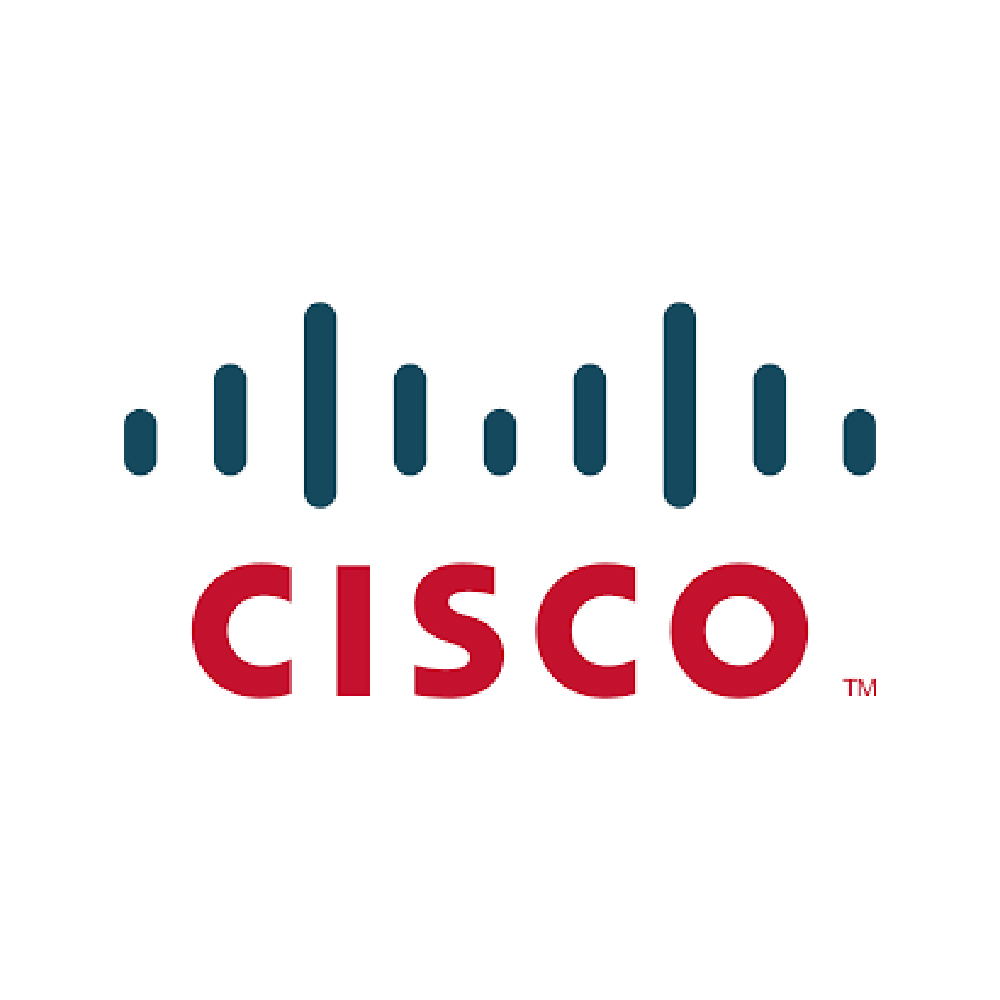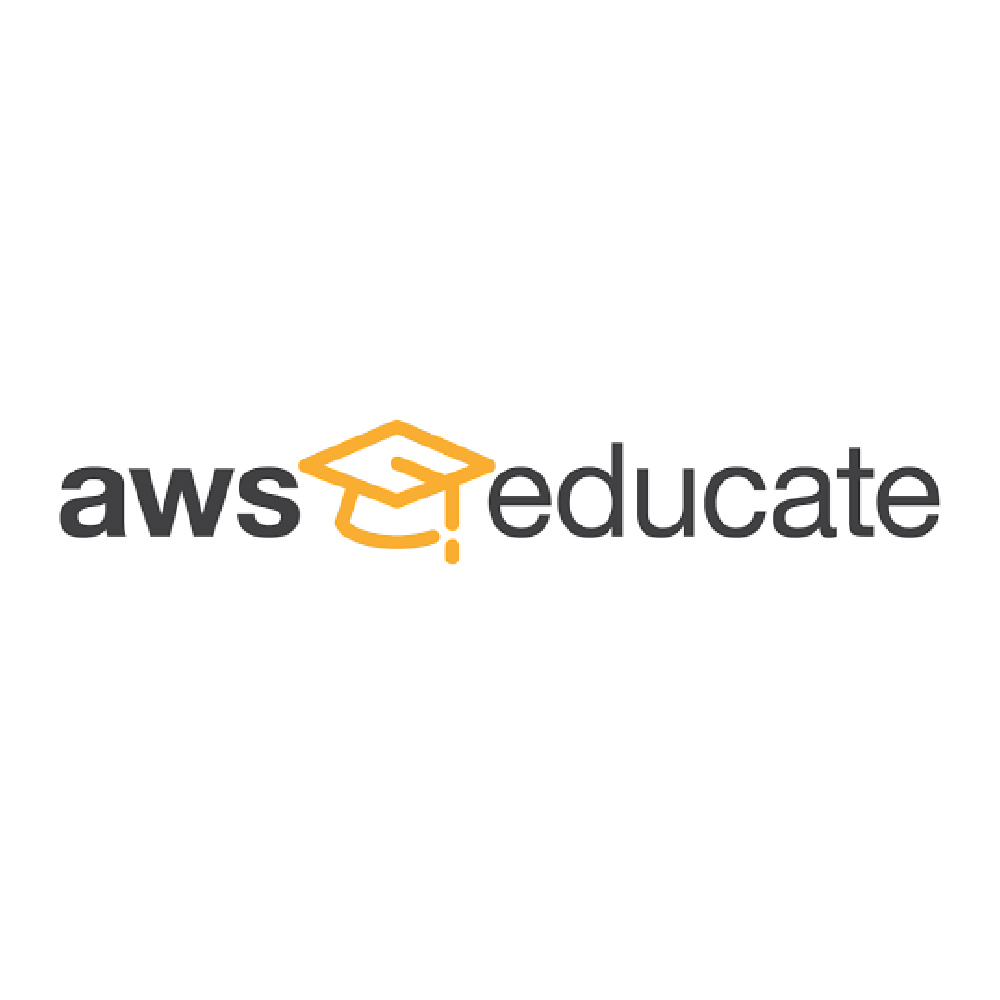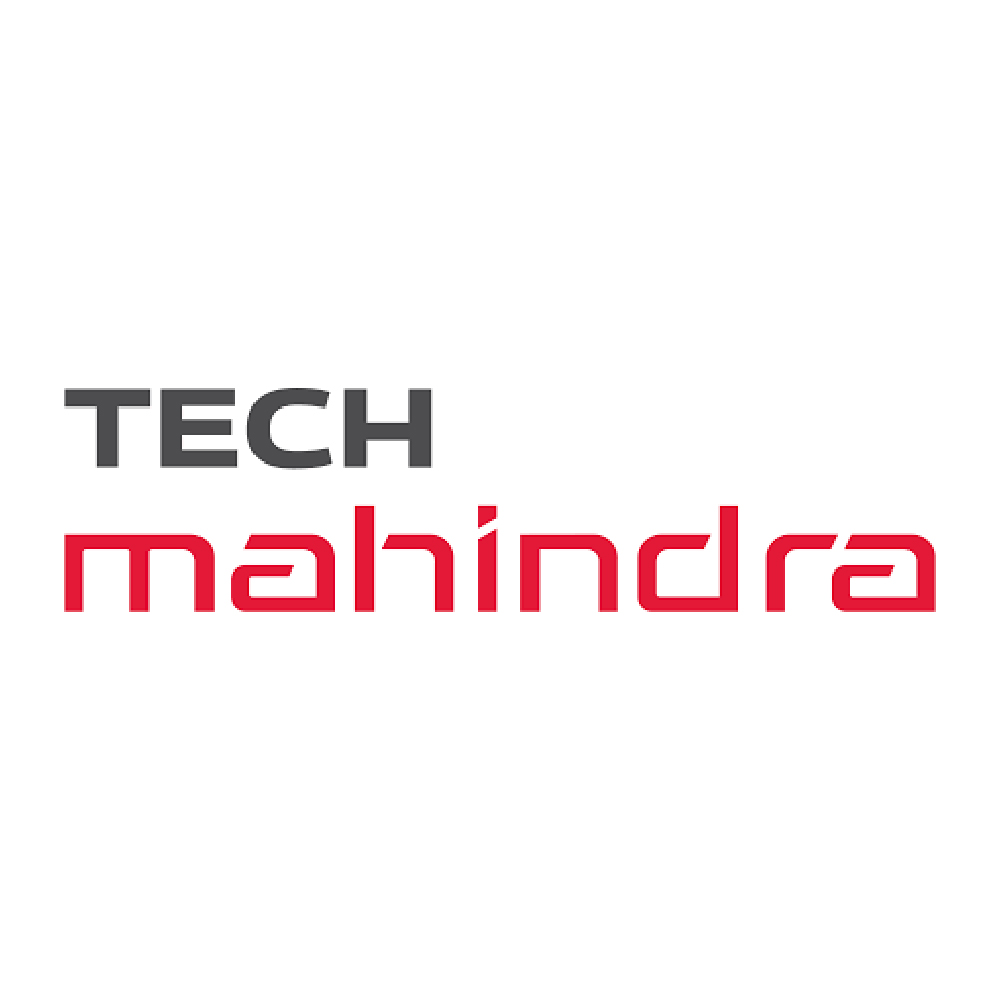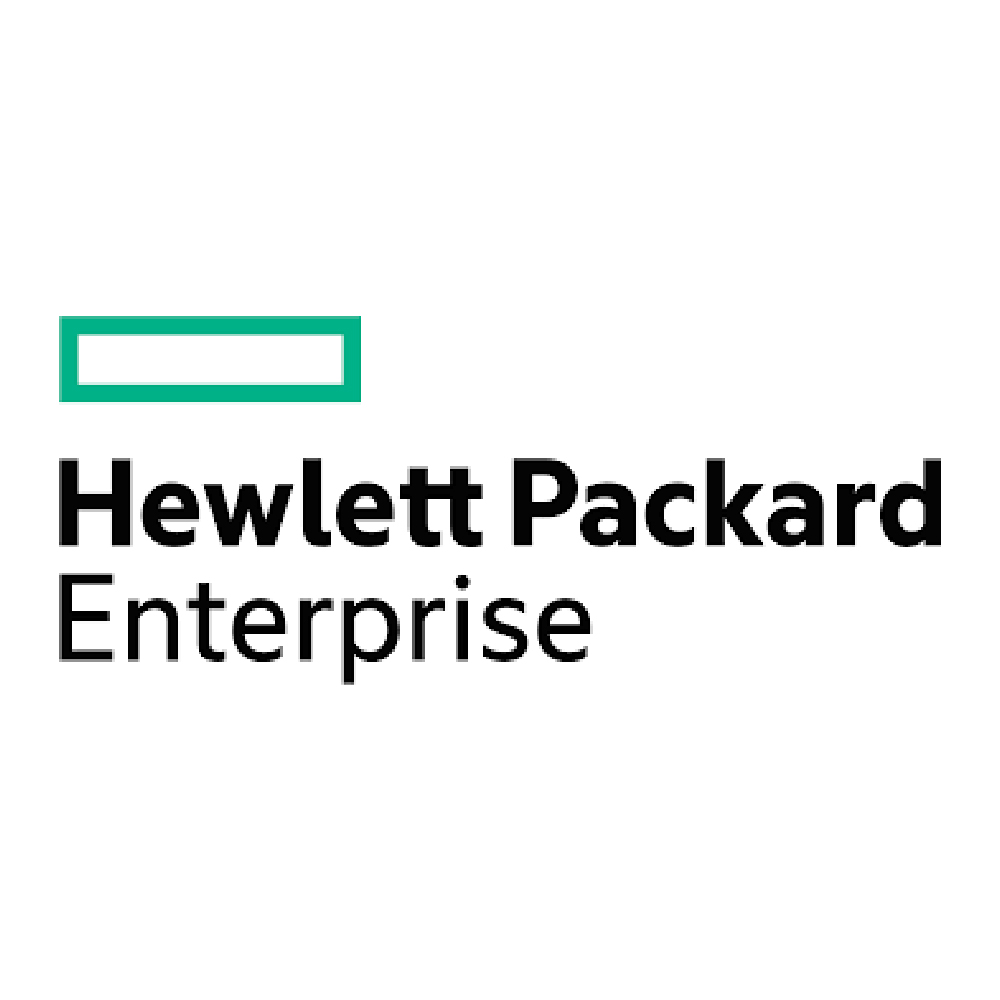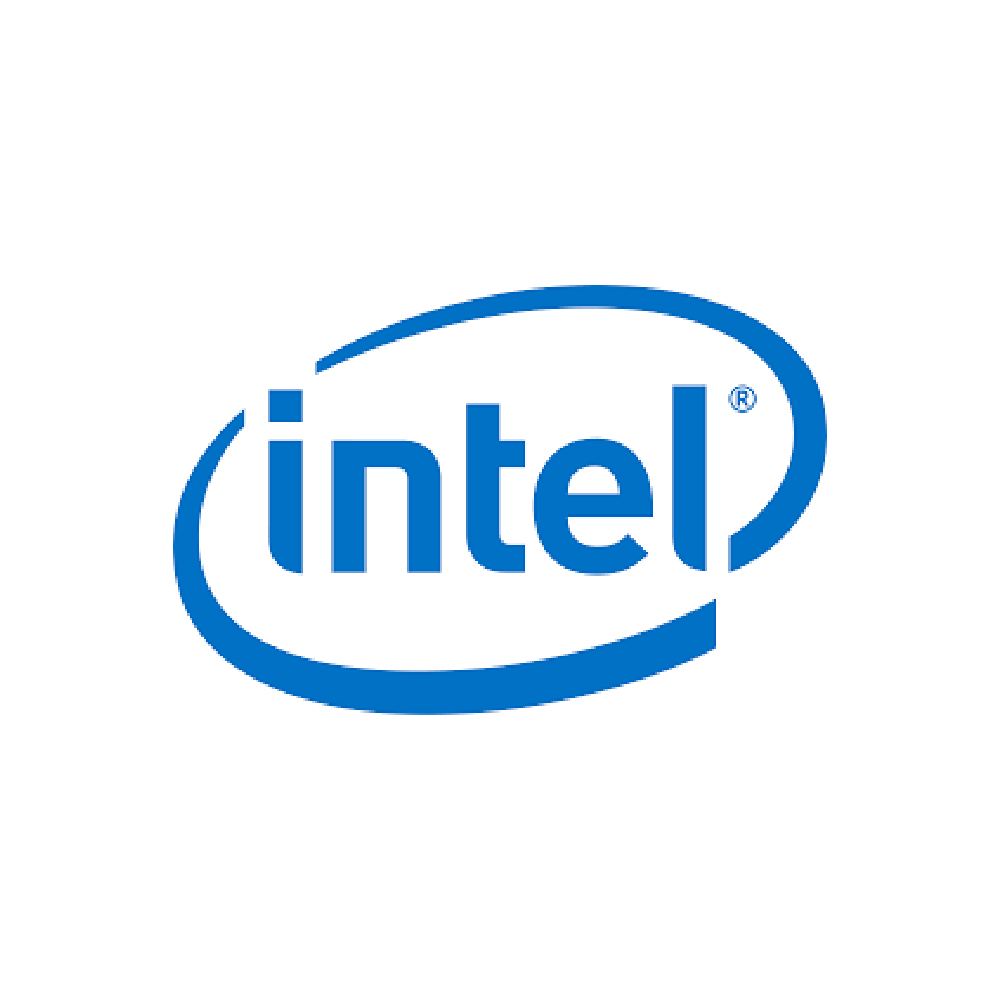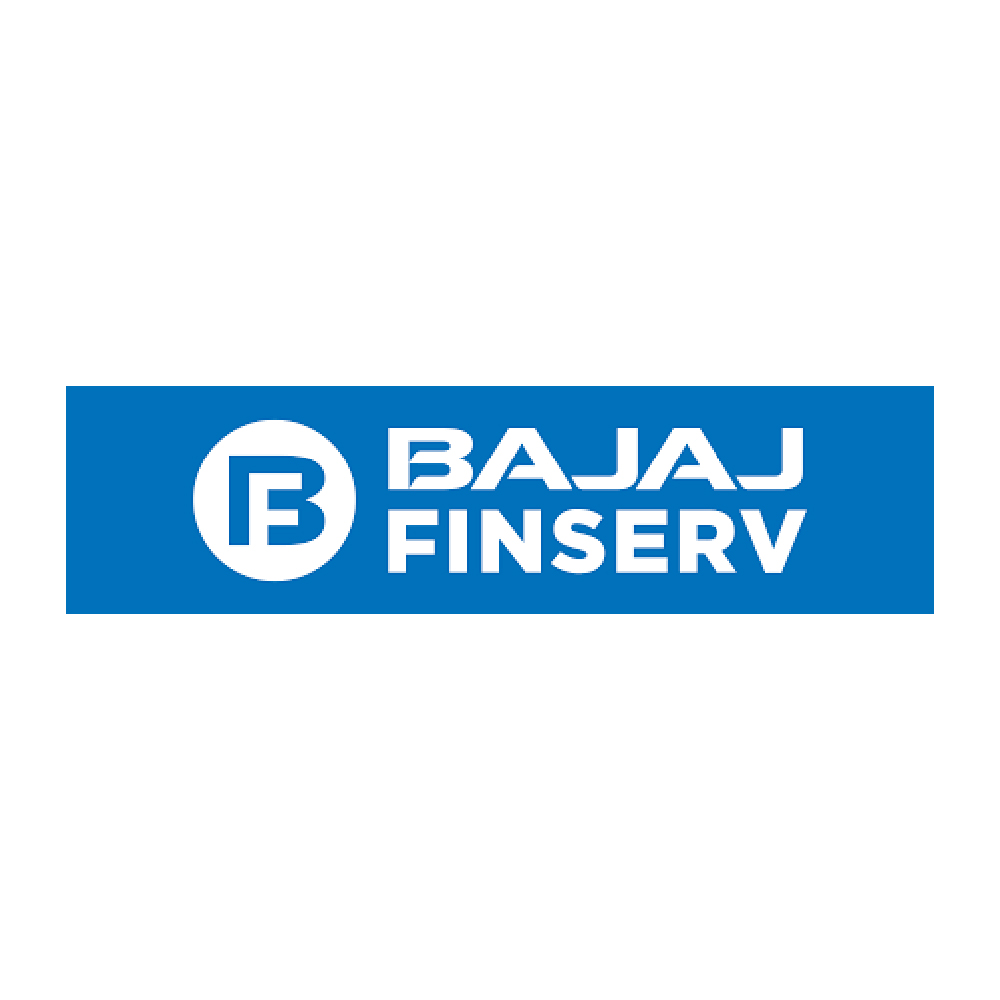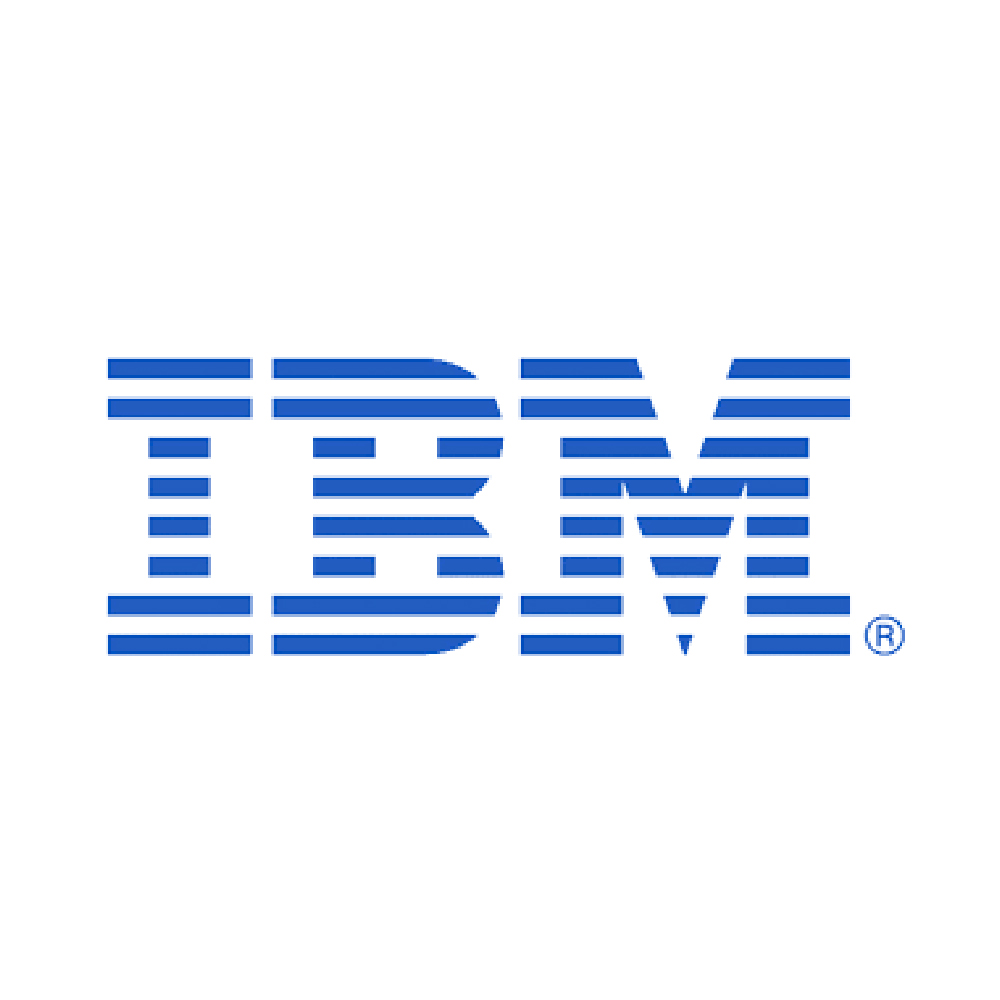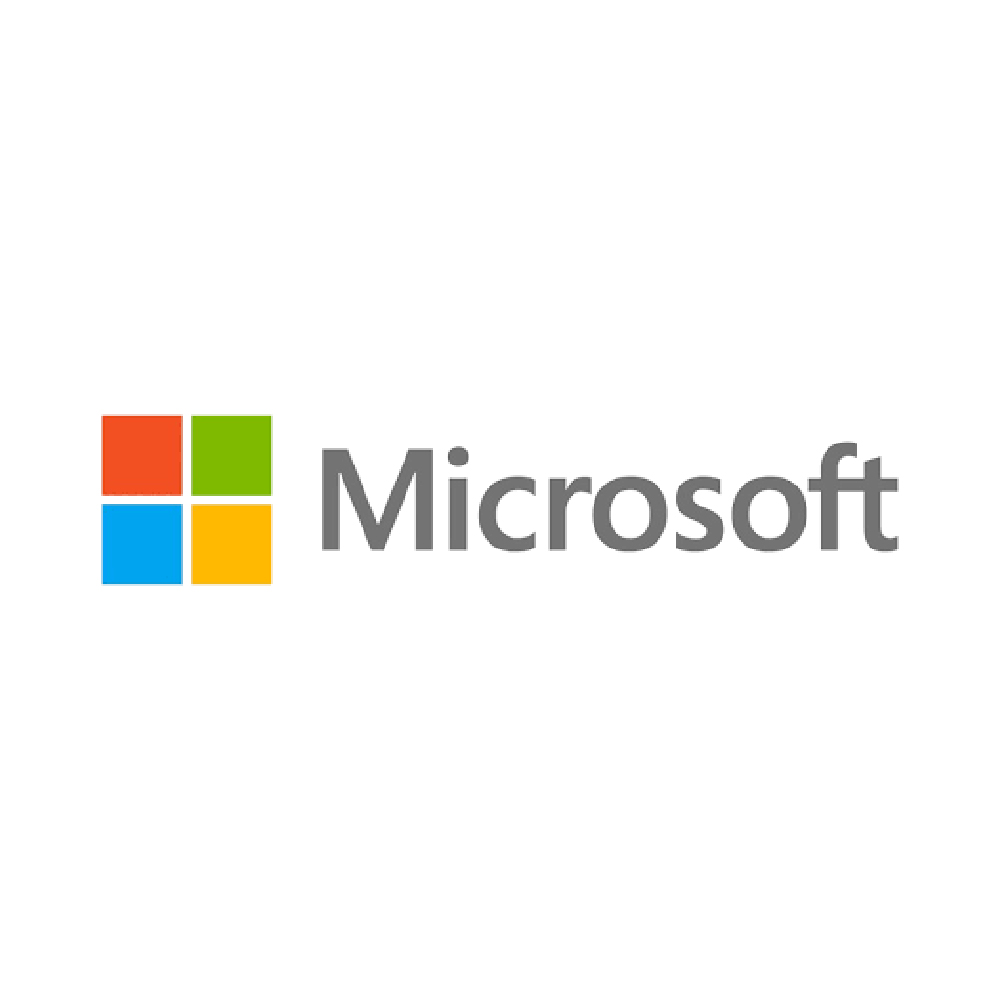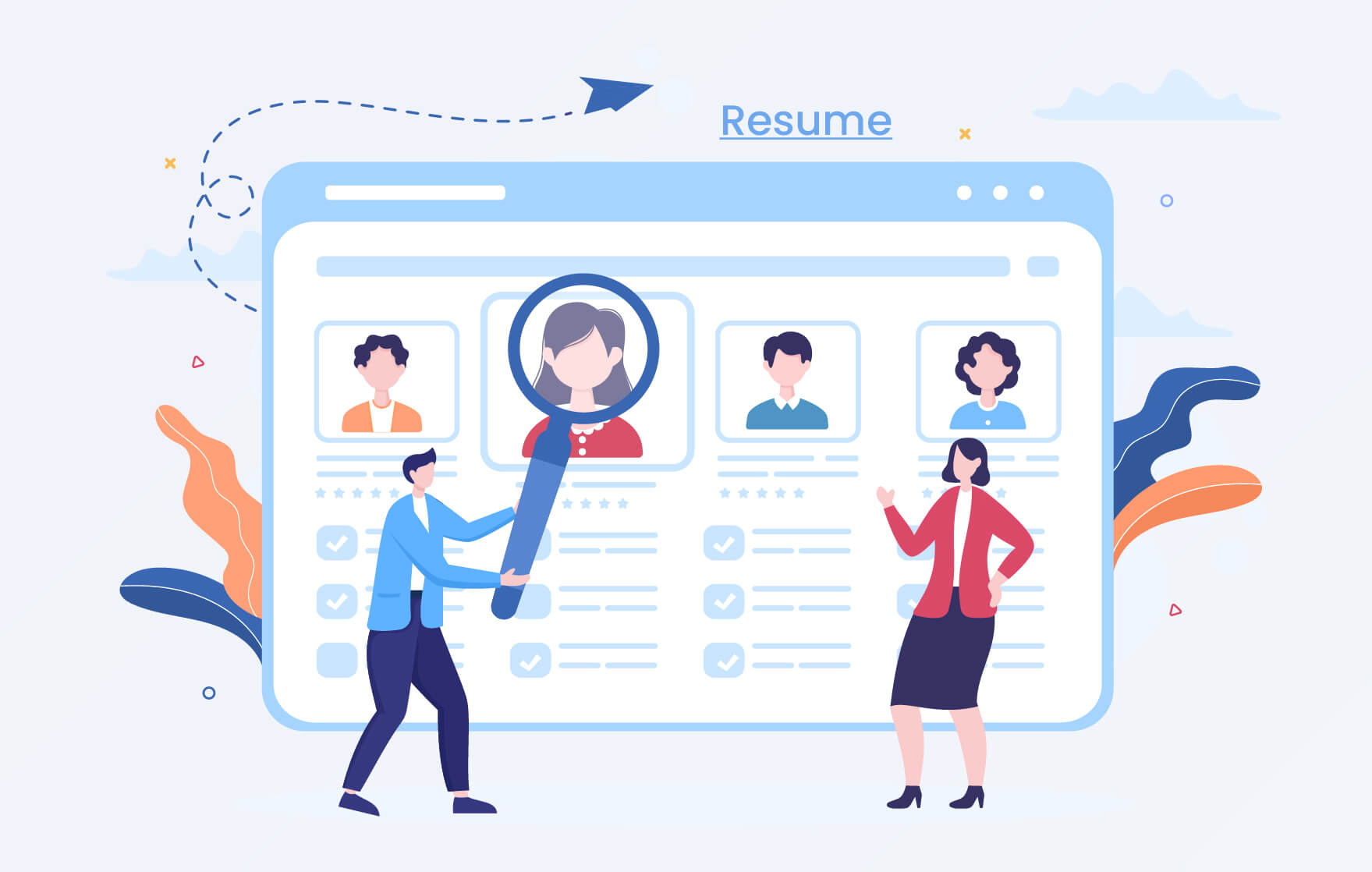For Beginners:
In the first phase, you’ll dive into the fundamentals of Java programming. You’ll learn about the setup process, including Java Development Kit (JDK) and IDEs like IntelliJ IDEA and Eclipse, and begin writing basic Java programs. The course will cover core concepts such as data types, operators, and control flow (if-else, loops). You’ll then be introduced to Object-Oriented Programming (OOP), including classes, objects, methods, and constructors, which form the foundation of Java development.
You’ll also explore collections and arrays, including how to use Java’s basic collections framework like ArrayLists, and learn to iterate through them. Practical, hands-on projects like building a simple calculator or student management system will allow you to apply the concepts you learn in a real-world context.
For Intermediate Learners:
As you advance, you'll dive into more complex Java topics, such as advanced OOP principles including inheritance, polymorphism, encapsulation, and abstraction. You will learn about exception handling techniques like try-catch blocks and custom exceptions, as well as file handling using Java I/O.
The course also introduces concurrency concepts, such as threads and synchronization, preparing you for multi-threaded programming. In this stage, you’ll develop more sophisticated projects, like a Library Management System, which integrates the concepts of OOP, exception handling, and multithreading.
For Advanced Learners:
In the advanced phase, you’ll explore powerful frameworks and tools that are essential for professional Java developers. You'll begin working with Java frameworks like Spring and Hibernate, focusing on concepts like Dependency Injection (DI) and Spring Boot for building robust, scalable applications. You'll learn about web development using servlets, JSP, and building RESTful web services with Spring Boot.
Security and authentication in Java applications are covered in detail, including how to secure your applications using Spring Security. You’ll then apply these concepts to build a full-fledged web application like an Employee Management System.
For Expert Learners:
The final stage of the course focuses on enterprise-grade development and covers advanced Java features like Streams API, parallel programming, and more. You’ll learn about microservices architecture and how to build and deploy microservices using Spring Cloud. You'll also explore advanced topics like Kafka and message queues for building scalable and distributed systems.
Testing and debugging techniques, including unit testing with JUnit and Mockito, will be a core focus to ensure that your code is both robust and efficient. You’ll also learn how to integrate Java applications with modern frontend technologies like Angular or React, and deploy them on cloud platforms such as AWS and Azure.
The culmination of your learning journey will be a capstone project where you’ll develop a large-scale, enterprise-grade application (e.g., an E-commerce platform). The course will also provide resume building, portfolio creation, and interview preparation to ensure you’re ready for the job market.
By the end of this course, you'll have the comprehensive skills needed for Java development, capable of building everything from basic applications to complex, scalable, and secure enterprise solutions. Whether you're looking to work in web development, mobile applications, or cloud computing, this course will equip you with the knowledge and experience to excel in the field.
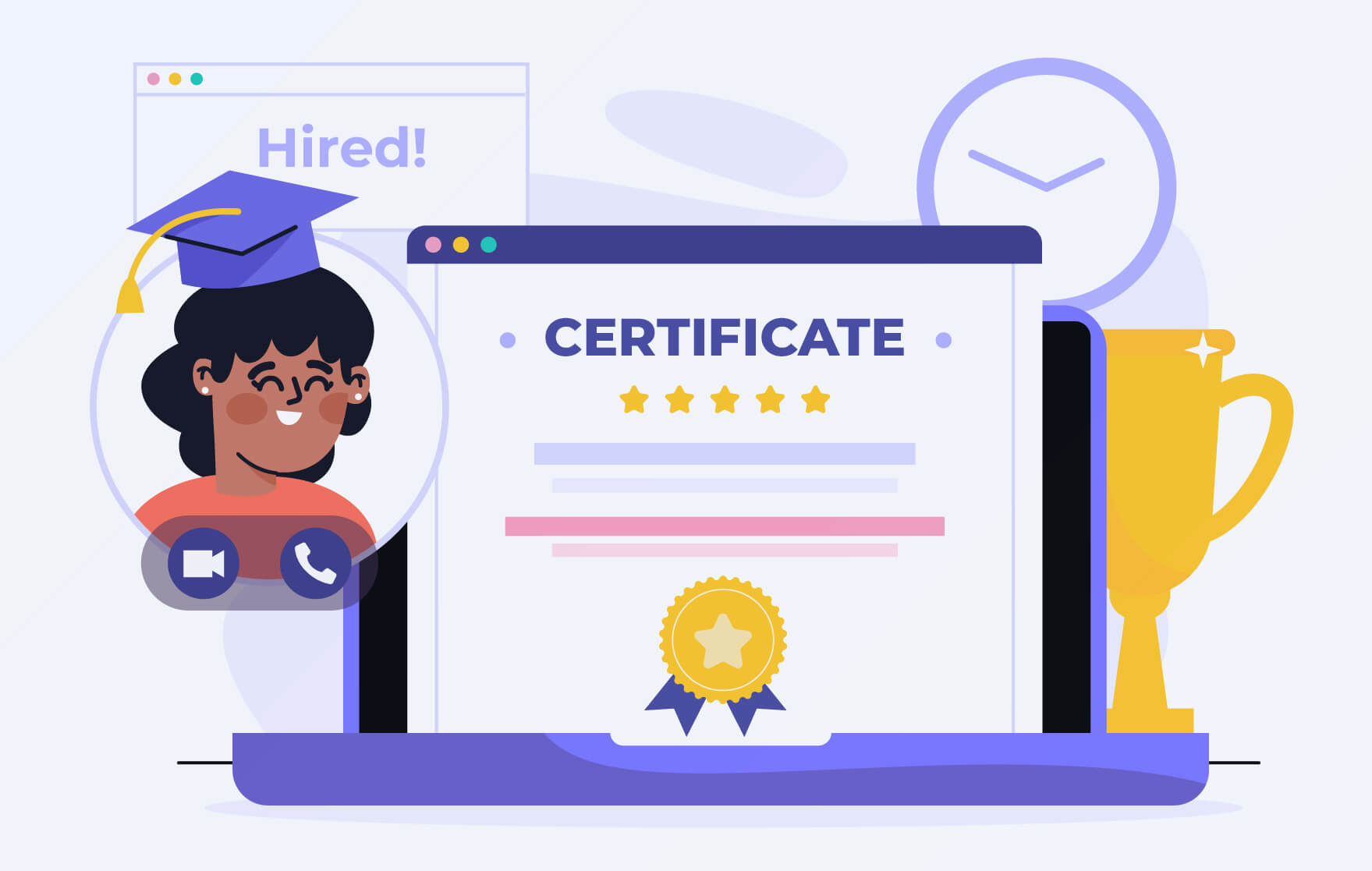

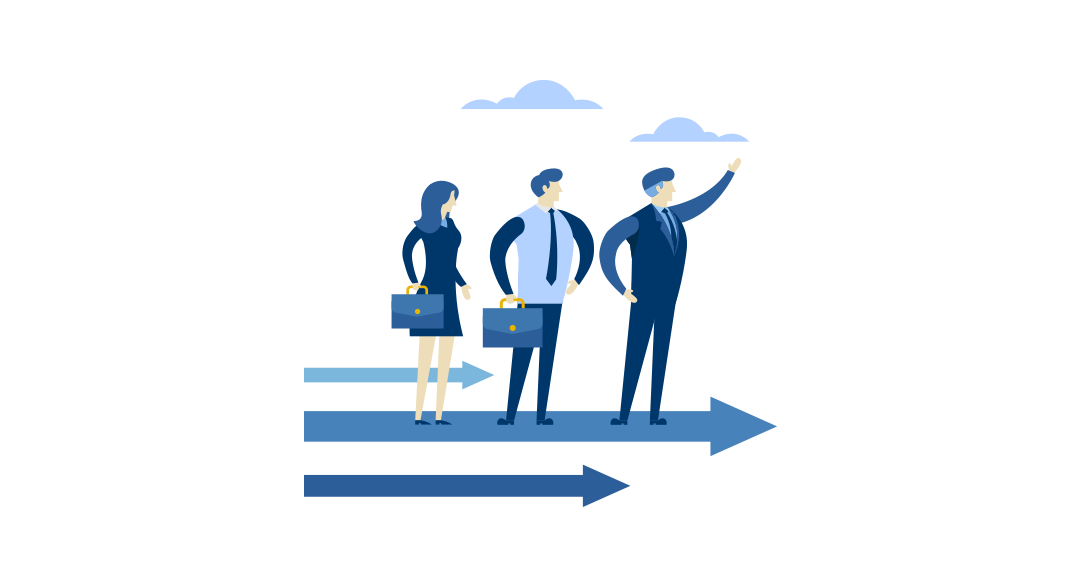
.png)


